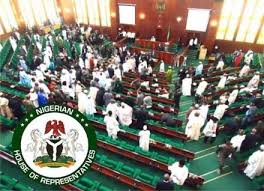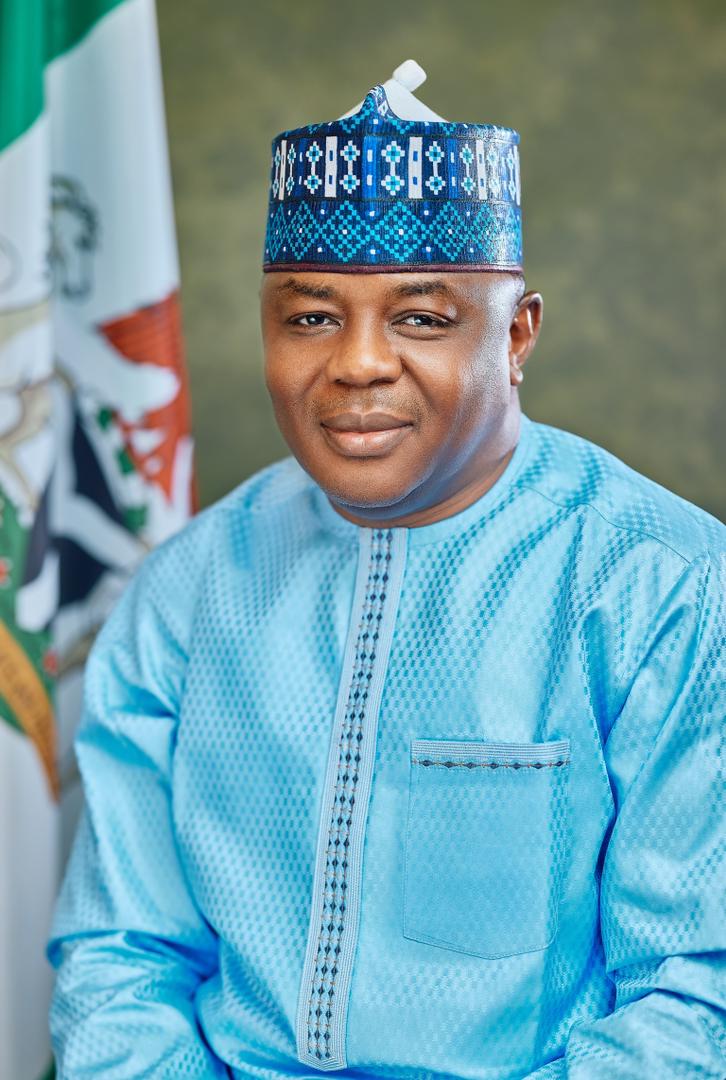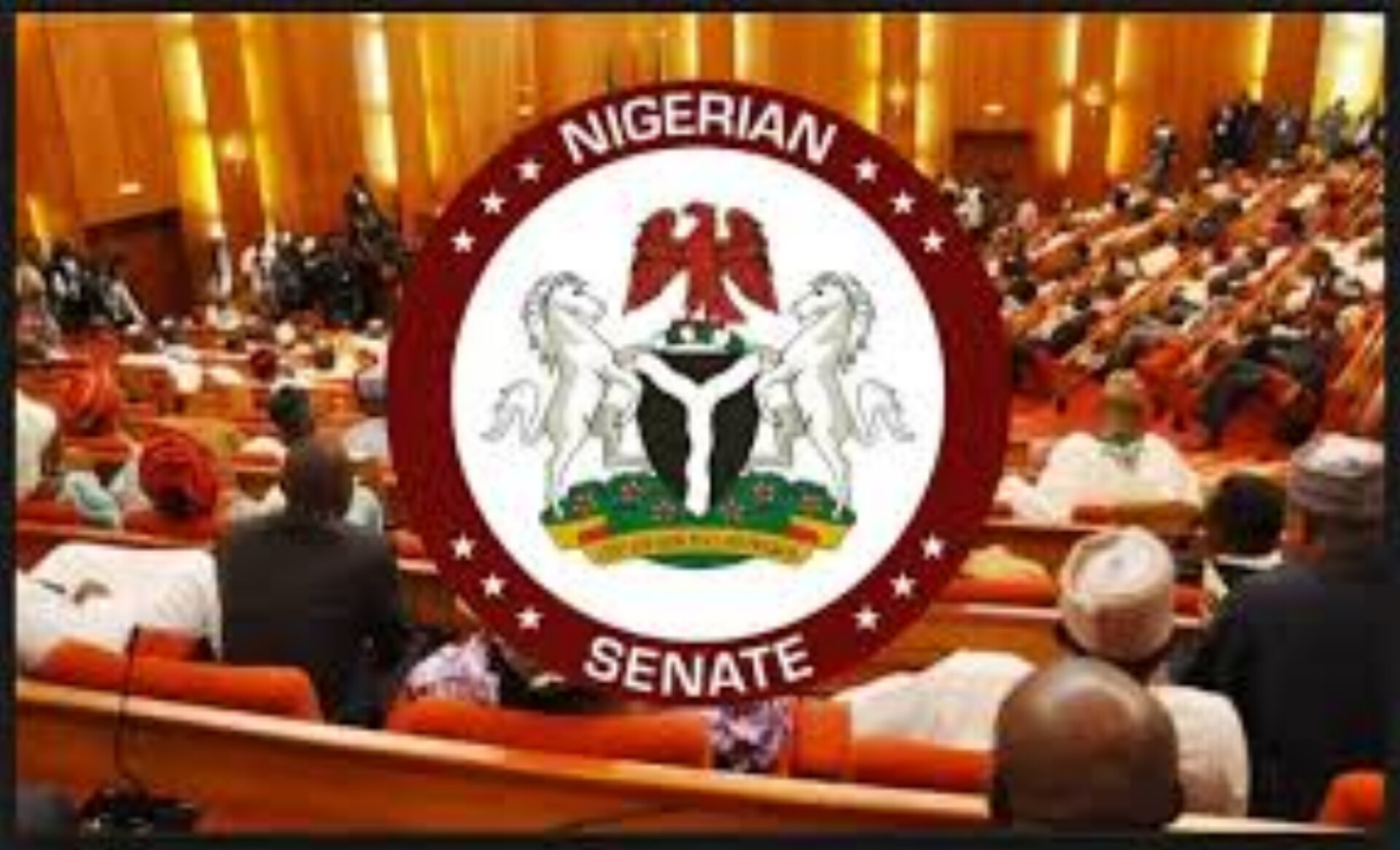****queries CNA over non-remittance of N1.718bn VAT, WHT others
The management of the National Assembly and the National Assembly Service Commission have been indicated for embarking on an unexplained expenditure amounting to N9.424 billion in the 2019 financial year.
The Office of the Auditor General of the federation in it’s audit report said about N5.521 billion of such expenditure was credited to the House of Representatives in five different audit queries.
It also indicated that N3.595 billion was credited to the Senate in seven audit queries, while N307.676 million was credited to the National Assembly Service Commission in two audit queries.
This queries were contained in the “Auditor General for the Federation annual report on non-compliance/internal control weaknesses issues in Ministries, departments and agencies of the federal government of Nigeria for the year ended 31st December 2019”

The Report with reference AuGF/AR.2019/02, addressed to the clerk to the National Assembly and dated 15th September 2021 was signed by the Auditor General of the Federation, Adolphus Aghughu.
It said that the sum of N2.550 billion was granted to members of the House of Representatives as running costs between July and December 2019 without evidence to show what the funds were used for, neither was the money retired.
It also indicated that the sum of N258 million was given to 59 staff of the House, while another N107.912 million was given to two staff for repairs and maintenance of unspecified residential quarters, denying government of the statutory VAT and WHT of N10,791,296 accruable if the work had been awarded to contractors.
The AuGF report also said that the sum of N1,594,807,097.83 was paid to revenue authorities between February and December 2019 as PAYE (6 members), Car Ioan (5 members) and Housing loan (6 embers) without acknowledgment receipts from the relevant revenue authorities.
It also queried the payment of N1,010,598,610.97 from the salary account of the House without payment vouchers as required by law, while asking the Clerk to the National Assembly to provide explanation for the irregularities and ensure that the amount involved is returned to government treasury.
It indicted the National Assembly Service Commission for failure to retire about N31.927 million cash advance granted to 59 staff of the commission as well as failure to remit one percent stamp duty amounting to N276,749,014.68.
It said further indicated that about N219.645 million deducted as housing loan from some Senators were not remitted.
It said “the sum of 219,645,567.08 was deducted from one hundred and seven (107) Senators’ salary arrears between July and December 2019 as housing loans, and there was no evidence to show that the above amount was remitted to the Treasury”.
It also said that N123.320 million and N176.267 million deducted from Senators salary arrears between July and December 2019 as vehicle loans and Pay As You Earn (PAYE) from staff salaries respectively were remitted to the appropriate authority.
The report also said that the sum of N277.411 deducted as VAT and WHT from services rendered were not remitted to the Federal Inland Revenue Services, while the office of the Clerk failed to present payment vouchers amounting to N1,718,130,630.24 for audit verification.
In the same vein, the report said N657.757 million was paid for the supply of vehicles and other office equipment in 16 payment vouchers that were not cleared by Internal Audit as required by law before such payments were made, while another N423.370 million was paid for the supply of utility vehicles
and production of National Assembly Logo between August and November 2019 from the Capital account with no relevant document.
The House Committee on Public Account has however summoned the Clerk to the Nation Assembly, Arch. Amos Ojo to appear before the committee to respond to the audit queries.
Chairman of the Committee Rep. Wole Oke said before the House went on Christmas break that the Clerk should appear before the committee to respond to respond to the Auditor General queries.




